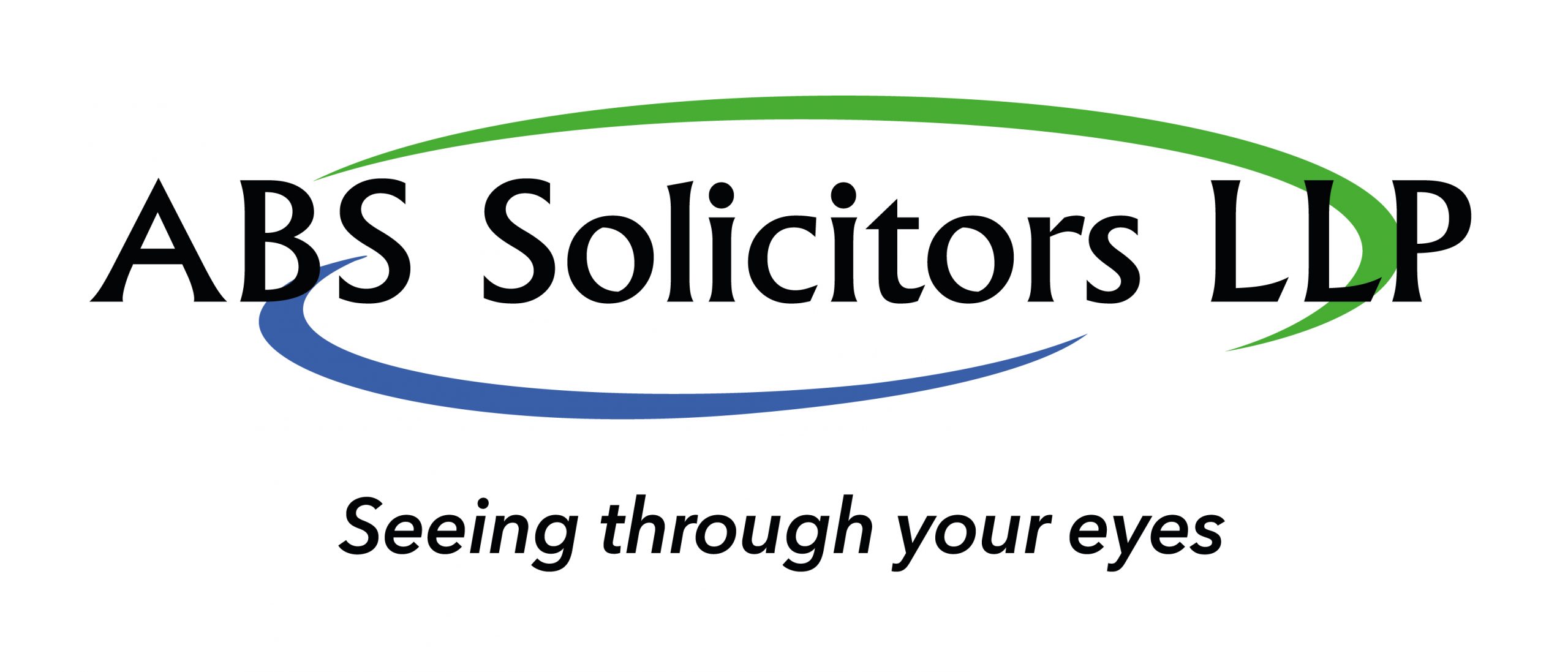The High Court was faced with the delicate question of whether parental consent was sufficient for the treatment and restraint of a 12-year-old suffering from severe anorexia nervosa.
Background:
On 29 September 2023, an NHS Trust made an application to the Court to authorise nasogastric (NG) feeding and restraint in respect of G, a 12-year-old girl who suffering from severe anorexia nervosa and depression. In 2022, G began to restrict her oral intake of food, resulting in a cessation of food and drink consumption altogether.
She was admitted to a local hospital in June 2023 where she was not treated for her eating disorder. She refused oral intake but agreed to be fed through NG without restraint. In August 2023, she was admitted to a specialist hospital and has since refused to take food or liquid orally and has even attempted to refuse food through her NG tube. She had to be restrained to force her to receive nutrition for around a week.
In August 2023, Dr H assessed G as not being "Gillick competent" in respect of NG feeding and authorised the restraint necessary on some occasions to ensure NG feeding.
The parents agreed on the treatment. Shortly before the matter came to court, the parties reached an agreement which was approved by the Judge. However, the Court was asked to resolve the apparent tension between common law authorities and the code of practice issued by the Mental Health Act 1983.
Decision:
Francis J noted that there is no conflict between the code and common law authorities and, therefore, court intervention was deemed unnecessary in light of the agreement between the parties. Although G was not detained under the Mental Health Act 1983, Francis J noted that “it would be incorrect to regard this case as being subject to different principles simply because it technically falls outside of the Code. In my judgement, the trust is correct in contending that it is, in effect, bound by the Code, even though, strictly speaking, G is not detained pursuant to the Mental Health Act 1983. In my judgement, the Code is properly to be seen as guidance for registered medical practitioners and members of other professions in relation to the medical treatment of patients suffering from mental disorder.”
In this case, parental consent was sufficient to justify the administration of NG feeding and restrain to prevent deterioration of G’s health. Based on Lincolnshire County Council v TGA [2022], the Court ruled that G’s parents could consent to what would otherwise be regarded as a deprivation of her liberty as the primary objective of the proposed treatment was to preserve G’s life. Interestingly, Francis J went further than the established case law by noting that “even a decision which was made contrary to the child’s best interests could still be a decision made in the exercise of parental responsibility.”
Implications:
This decision demonstrates the difficult interplay between a child’s best interests and their liberty. It highlights the importance of parental consent in medical decisions for minors but, as noted by Francis J, the more mature and autonomous the child, the thinner the line becomes. As demonstrated by the Supreme Court decision in Re D, parental consent for confinement cannot be sufficient when the child turns sixteen.
Regarding the tension, the Court noted that the Code of Practice cannot make the law but only reflects it. Thus there is a need for the Code to be updated.

